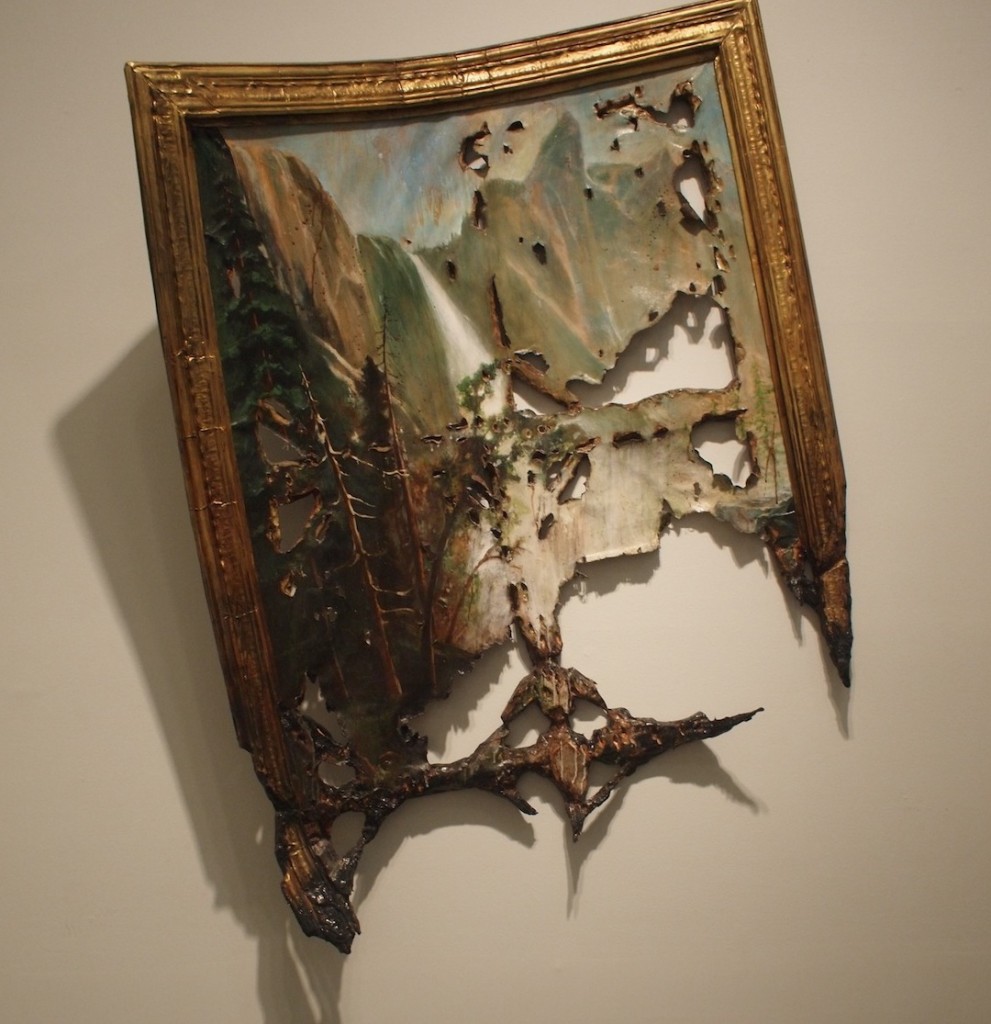How many times did somebody tell me that painting had died? Any number of times, and although it sometimes looked like it might be true it never was. It always came back to life and was every bit as vital as before. For a while I was beginning to wonder if wine writing had died. However, I think the problem is a different one as Alice Feiring just pointed out to me. If she’s right then the most influential wine critic of the last generation, Robert Parker, was also highly influential in persuading millions of people that it’s a complete waste of time and endlessly boring to read about wine. He did so by reducing wine writing to a few numbers and long strings of adjectives. Yawn! Yawn! Somebody please open that window now and get some fresh air in here!
Of course, Bob meant well, was against the deadly let’s-dodge-the-issue school of British wine writing, and was uncompromising about doing it all his way. But from the point of view of writers like Feiring and I who see great possibilities in wine as a subject he had a totally negative influence upon the mass of our potential readers. Were it not for Parker and his imitators millions more people might be interested in reading about wine, just as they are interested to read about movies, fashion, gardening and cooking. Bob turned those people off wine and he did so by focusing his work down ever more narrowly.
Of course, he also found a different, much smaller, bunch of people who loved the predictable laser beam straightness of his approach and who were impressed by the gun-slinger swagger of his self-confidence. His fans were, however, numerous enough that for thirty years his ‘Wine Advocate’ made him a healthy income, and finally he sold the operation the other day for a very healthy price. But that’s the familiar side of this story and it doesn’t interest me at all. For me that’s all beside the point, which is the future of wine writing. I’m not the only one who believes in that future either.
Regular readers will already know that Alice Feiring is the New York based authoress of ‘The Battle for Wine and Love’ (Harcourt Books, Orlando/FL 2008) and ‘Naked Wine’ (Da Capo Press, Cambridge/MA, 2011). We finally met this morning at Bowery Coffee and I was bowled over by her passion for the subject and for the business of crafting text which makes it come alive. There’s no fundamental difference between us on those things, even if our taste in wines and our beliefs seriously diverge at some points.
We are both involved in a struggle to turn wine writing around in a radical way and prove that this is not some oddball theme of limited possibilities and of interest only to a narrow group of readers. For us the wideness of the subject is the reason for its potential to interest a very wide range of people, even if this is still seldom grasped. I’m also convinced that whatever practical difficulties we face at the moment is finally ripe for a totally new approach to writing about wine. The demise of the few-numbers-and-long- strings-of-adjectives school has been slow, but inexorable. Why did it take so long?
Well, if it had been writing about love, then a seriously mistaken approach could have got a vice-like grip on literature for a while, but so many writers are working in that field that such a destructive orthodoxy would have been overturned within a couple of years. The number of writers about wine is tiny by comparison, but what we can say is not small for that reason, no because wine is “just a beverage”. Thirst and taste, both literal and metaphorical, are huge matters capable of all manner of treatment in the written and electronic word. Wine writing lives!


![120114_riesling_global_RZ [1600x1200]](http://www.stuartpigott.de/wp-content/uploads/2012/12/120114_riesling_global_RZ-1600x120027.jpg)